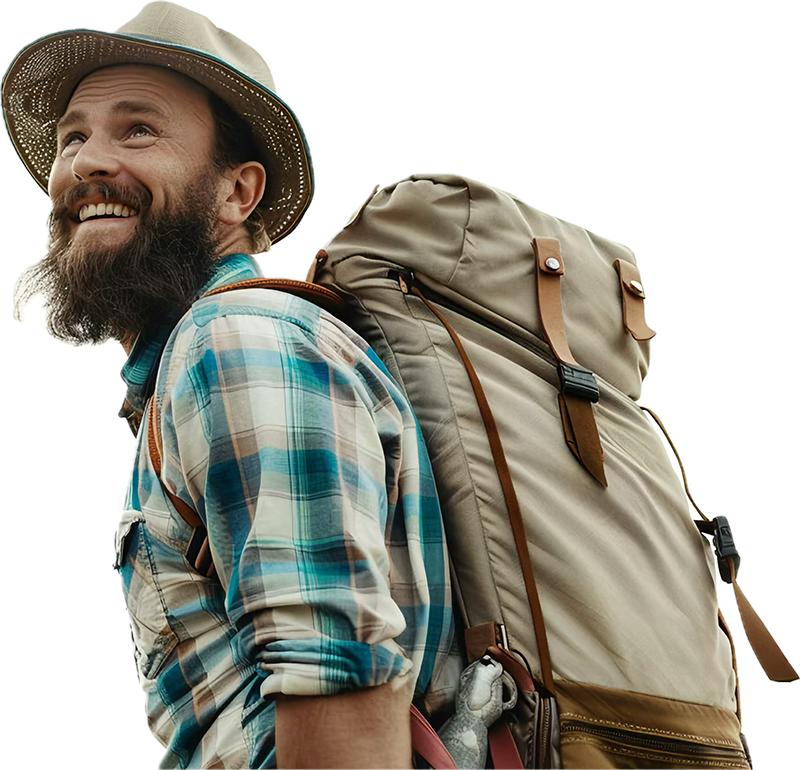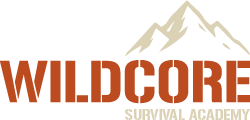Level 2 – Core Skills takes survival training to the next stage, transforming foundational knowledge into strong, practical field competence.
At this level, students learn to apply techniques with precision, autonomy, and situational awareness — evolving from theory to effective execution in real environments.
The course focuses on essential field skills: advanced navigation, resource management, improvised tool making, and optimizing shelter, fire, and water in varied conditions.
It also emphasizes strategic planning, decision-making under pressure, and teamwork in stressful or isolated environments.
More than reacting to challenges, students learn to anticipate, adapt, and take control of their surroundings, building the confidence and discipline needed for advanced survival levels.
Goal: To turn fundamental knowledge into confident, efficient field practice.
Tell me more!
Duration: 3 days
Location: Sintra, Arrabida or Montemor-o-Novo / Portugal
You must have: 18 years
Price: 250€
Objective:
Strengthen the essential survival abilities through practical application, precision, and autonomy in the field.
Skills Developed:
- Apply core techniques with efficiency and confidence
- Practice advanced shelter, fire, and water management
- Navigate using maps, compass, and environmental cues
- Create and use improvised tools and natural resources
- Improve teamwork and decision-making under stress
Key Topics:
- Field navigation and route planning
- Resource management and prioritization
- Advanced shelter and fire techniques
- Water sourcing and purification methods
- Team coordination and field communication
Assessment: Practical exercises + teamwork evaluation
Certification: Level 2 – Core Skills Certificate
Personal Gear
- Medium backpack (40L)
- Fixed-blade survival/bushcraft knife
- Multi-tool or folding knife
- Firestarter (ferro rod) and windproof lighter
- Water bottle / canteen (min. 1 L)
- Metal cup or camp pot
- Water purification system (filter, tablets, or boiling)
- Lightweight tarp or shelter sheet
- Rope / paracord (min. 10 m)
- Sleeping bag (3-season)
- Sleeping pad / thermal mat
- Headlamp + spare batteries
- Individual first aid kit
- Weather-appropriate clothing (layered system, rain jacket, hat, gloves)
- Small sewing & repair kit
- Emergency whistle and signal mirror
- Waterproof notebook and pencil
- Compass and area map
- Small food supply (energy bars, freeze-dried meals, etc.)

